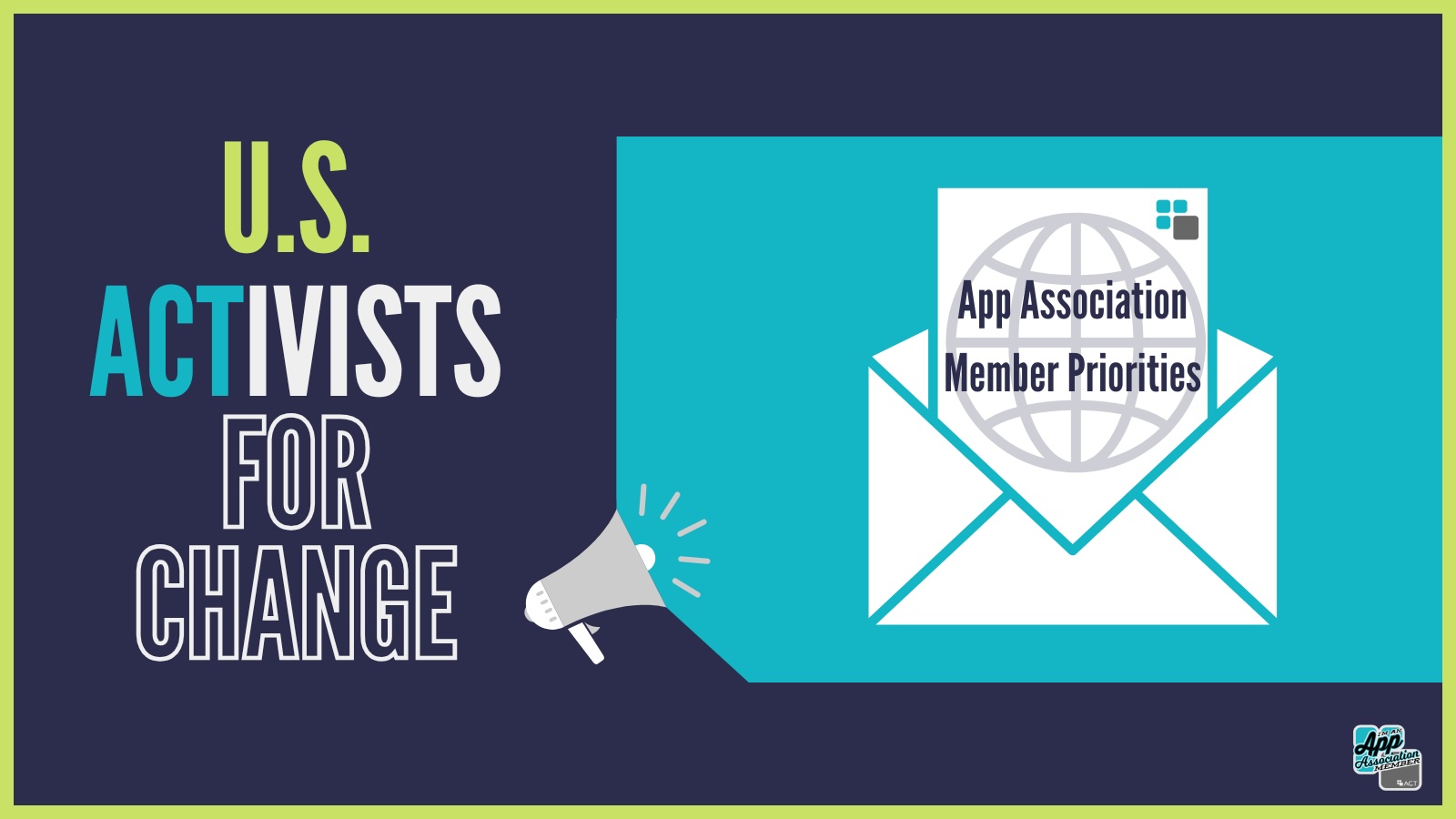A Hearing That Put Global Digital Regulation on Trial
Earlier in the month, the House Judiciary Antitrust Subcommittee addressed the spreading epidemic of foreign competition laws and their impact on U.S. technology markets. The hearing underscored how digital regulation models developed abroad are spreading globally and imposing real costs on innovation, security, and small businesses. The hearing, “Anti-American Antitrust: How Foreign Governments Target U.S. Businesses,” focused heavily on the European Union’s Digital Markets Act (DMA), but made clear that the DMA is no longer confined to Europe. [...]
Small Tech Founders Call for Fair H-1B Policy
ACTivists for Change: Members join forces in a letter to the White House, urging balanced, startup-friendly reforms While national conversations about the H-1B program often focus on large companies, our members live a different reality. These teams are lean, product-driven, and often hire for highly specialized roles where the right expertise determines whether a product ships, a system scales, or a security posture holds. This month, our members came together in a letter to the White House to [...]
Behind What’s Shaping the Future of EU Digital Regulation
Innovation, Simplification, and Competitiveness As the European Commission’s new Digital Omnibus proposals land in Brussels, promising to ‘simplify’ AI, data, and digital rules, critics warn of a potential rollback. In parallel, work on the 28th regime and the European Innovation Act is framed as a way to reduce red tape and facilitate cross-border growth for startups and small and medium-sized enterprises (SMEs). Caught in the crosshairs, founders are trying to work out what this means for day-to-day compliance and [...]
Small Tech Companies from Across the U.S. Call on White House to Reverse Course on H-1B Visa Fee
President Donald J. Trump The White House 1600 Pennsylvania Ave NW Washington, District of Columbia 20003 Dear Mr. President: We are the small business founders, innovators, and independent developers building the technologies that power America’s digital economy. Through our collective voice along with ACT | The App Association, we represent the entrepreneurs who create software and connected tools used by millions of Americans every day. Together, we are asking for a policy environment that rewards and inspires innovation, [...]
Korea Startup Forum and ACT | The App Association Ink New Agreement to Expand Trans-Pacific Partnership
WASHINGTON, D.C. – Last week at COMEUP 25, Korea Startup Forum (KSF) and ACT | The App Association (ACT) signed a Memorandum of Understanding expanding their partnership and the ties that bind together the global startup and small tech community. “This partnership with ACT represents a meaningful opportunity for more than 2,500 Korea Startup Forum member companies to directly engage with the global policy environment and the international startup community," said Josh Jiyoung Choi, COO of Korea Startup Forum. [...]



